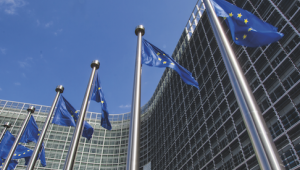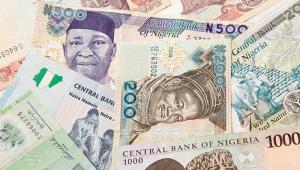Patricia Donli, chair of the board of directors at ActionAid, told journalists in Abuja that the government should ensure timely release of the funds it has promised.
Nigeria’s president Muhammadu Buhari presented a 2018 budget of $24bn to the National Assembly for approval in November, but lawmakers returned it to the president on 16 May, over six months later.
Legislators raised the spending plans by 5.8% and adjusted underlying assumptions on revenue, meaning there could still be further delays. The president has 30 days to sign the budget.
Speaking at a news conference on Saturday, Donli called on the National Assembly to ensure the budget improves welfare for Nigerian citizens.
It should also restructure education by making adequate investments to improve infrastructure and the learning environment, she said.
Donli added that the government had failed to invest sufficiently in key areas.
“For instance, government has continuously failed to meet the required 26% minimum budget allocation as recommended by UNESCO,” Donli said.
“Consequently, education at all levels has witnessed decline, which has threatened the sustainability of our human capital developments as well as the level of poverty.”
The African country is struggling to recover from a 2016 slump – the worst in 25 years – after first quarter growth was 1.95%, below the 2.6% median estimate.
Nigeria heavily relies on oil exports, and higher prices have already helped boost foreign reserves and stabilised the currency.
The government forecasts economic expansion of 3.5% this year based on the budget, which includes plans to increase spending on power, roads and ports.
Last year, the president also introduced a four-year plan to help create 15 million jobs in the country.
General elections are due to take place in February, when it is believed that Buhari will stand for another term.







